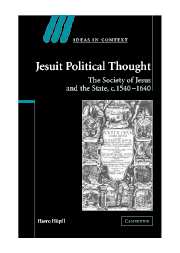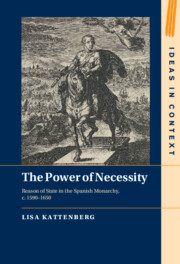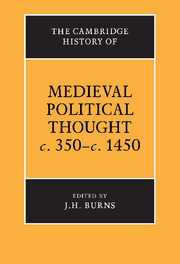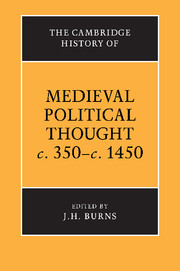Jesuit Political Thought
How did the Society of Jesus develop and maintain a distinctive position on key questions of political thought such as ruler authority, the character and scope of positive law, the limits of obedience and the right to resist? Harro Hopfl presents a full-length study of the secular world--analyzed in its proper historical context--from a Jesuit perspective. Despite the significance of the Society of Jesus in Counter-Reformation Europe and beyond, important issues relating to the society's collective history remain misunderstood.
- A major, full-length study of the Jesuit order which revises many received opinions about them
- Much of the primary printed source materials have been translated for the first time
- A major piece of scholarship written by an established historian of political thought
Reviews & endorsements
"This is an excellent book, well worth attention by a broad range of students and scholars." Renaissance Quarterly
"Long in preparation, this is the first attempt in some time to survey Jesuit political philosophy in the first century of the Society of Jesus. Höpfl traces key arguments in all the major Jesuit political treatises." CHOICE May 2005
"The result of this thorough research into the sources and judicious weighing of what Jesuits of the epoch actually thought helps the reader get to the core of the matter." - Journal of Church and State, Kevin B. Fagan, California State University, San Luis Obispo
"Höpfl's book spans a turbulent period of political history in Europe...in an intelligent and exhaustive analysis. The book is a valuable addition to the relatively insubstantial historiography on the Society of Jesus in this period, surveying the intellectual contribution of the Society's headliners such as Francisco Suarez, Gabriel Vasquez, Robert Persons, and Juan de Mariana." - Sophie Nicholls, H-Ideas
Product details
September 2004Hardback
9780521837798
428 pages
229 × 152 × 27 mm
0.8kg
Available
Table of Contents
- Introduction
- 1. The character and work of the society of Jesus
- 2. The society's organizational ideas
- 3. The church, the society and heresy
- 4. Jesuit reason of state and religious uniformity
- 5. Jesuit reason of state and Fides
- 6. Reason of state, prudence and the academic curriculum
- 7. The theory of political authority
- 8. Limited government, compacts and the states of nature
- 9. The theory of law
- 10. The common good and individual rights
- 11. Tyrannicide, the oath of allegiance controversy and the assassination of Henri IV
- 12. The Papal Potestas Indirecta.






